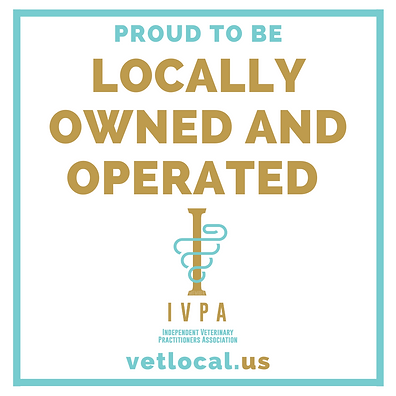|
Interested in owning a sugar glider?
These small marsupials are outgoing and energetic, making them popular choices as pets. Though they weigh less than a half-pound, they're more closely related to kangaroos than they are flying squirrels! If you think a sugar glider would make a good pet for you and your family, here's what our veterinary team wants you to know before making your decision.
Sugar Glider Health
Sugar gliders are nocturnal, and are true creatures of the night. They're awake and most active during the late hours. Keep that in mind if you work a night job or prefer to go to bed early.
Sugar gliders need plenty of socialization with their human in order to be happy and healthy. This involves taking them out of their cage and allowing them to explore and play in pet-safe areas. It is crucial to be aware of your pet’s diet too, as these pets are prone to obesity due to too much fruit and too little exercise.
Sugar Glider Care
Sugar gliders are social creatures, and will need a friend. They will not do well in isolation. So if you keep one sugar glider, you must keep two.
Other important necessities:
- A big, spacious cage to leap, jump, and glide,
- A secure lock that keeps the pet from escaping,
- Branches or shelves to climb on,
- A comfortable pouch for sleeping,
- Clean bedding, and
- Toys such as bird swings or hamster wheels.
Aside from housing and accessories, these cute little animals need a specialized diet to keep them healthy and happy. Your veterinarian can help you choose the best diet for captive sugar gliders.
Feeding Your Sugar Gliders
In the wild, sugar gliders are omnivorous, meaning they eat both plants and animals.
Gliders in captivity should be fed a somewhat intricate diet that includes:
- Protein -- cooked eggs, crickets, mealworms,
- Fruit and green leafy vegetables,
- Pelleted food containing nectar, and
- Vitamin and mineral supplements.
Our veterinary team will be happy to advise you regarding the care and treatment of your sugar gliders.
Training a Sugar Glider
Did you know that sugar gliders can be potty-trained to go in their cage and can be taught to come when you call? Give these guys patience and love, reward good behavior with tasty treats, and they will typically behave!
Sugar gliders need routine wellness checks just like any other companion animal. They can be affected by parasites, diseases, and other ailments that require veterinary intervention.
Call your Exotic Animal Hospital in Nashville, TN today if you notice any of the following issues:
- Lack of appetite/refusal to eat
- lack of energy/lethargy
- excessive itching/scratching or hair loss
- loose stool/diarrhea
- straining to urinate/defecate
- excessive sneezing
- nasal or eye discharge
- circling it's cage
- lumps
- weight loss
- or any other concerning signs
|
|
.webp)





